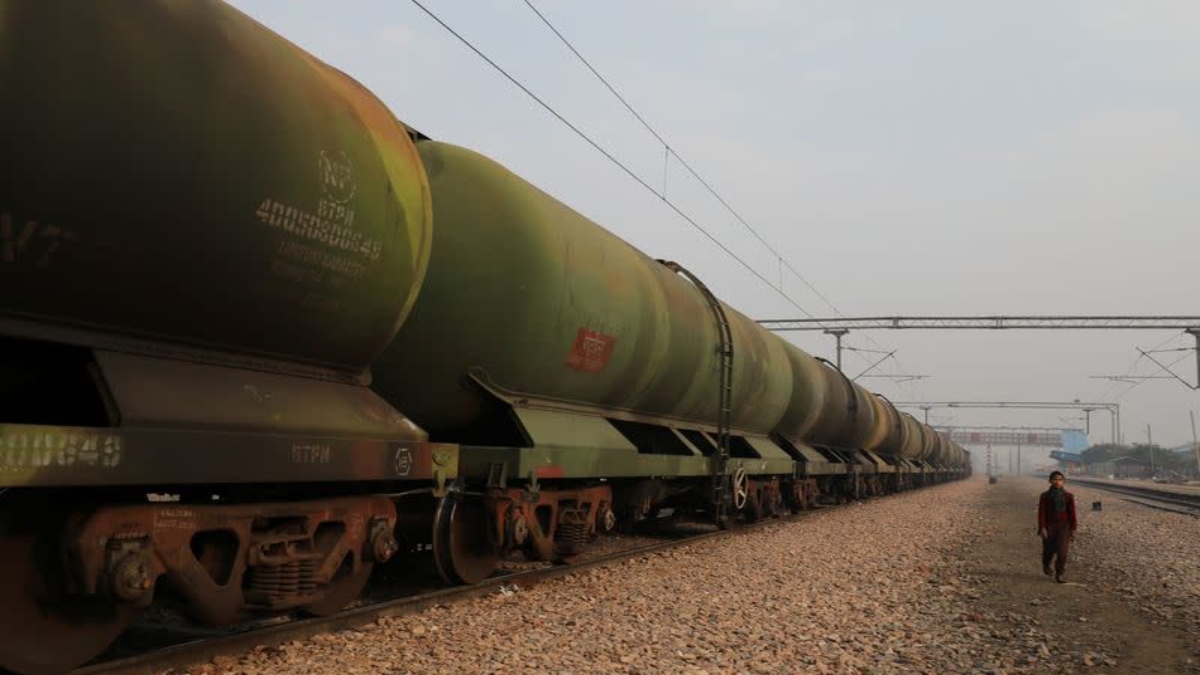Fifty years after the 1973 Arab oil embargo, the current crisis in the Middle East has the potential to disrupt global oil supplies and push prices higher. But don’t expect a repeat of the catastrophic price hikes and long lines at the gasoline pump, experts say.
The Israel-Hamas war is “definitely not good news” for oil markets already stretched by cutbacks in oil production from Saudi Arabia and Russia and expected stronger demand from China, the head of the International Energy Agency said. International benchmark Brent crude traded above $91 a barrel on Thursday, up from $85 per barrel on Oct. 6, the day before Hamas attacked Israel, killing hundreds of civilians. Israel immediately launched airstrikes on Gaza, destroying entire neighborhoods and killing hundreds of Palestinian civilians in the days that have followed.Fluctuations since the attack pushed oil prices as high as $96. One worry is that the fighting could lead to complications with Iran, home of some of the world’s largest oil reserves. Its crude production has been constrained by international sanctions, but oil is still flowing to China and other countries.
Any damage to Iranian oil infrastructure from a military strike by Israel could send prices jumping globally. Even without that, a shutdown of the Strait of Hormuz that lies south of Iran could also shake the oil market because so much of the world’s supplies goes through the waterway. Until something like that happens, “the oil market is going to be like everyone else, monitoring the events in the Middle East,” Lipow said.
In a speech Wednesday marking the 50th anniversary of the 1973 oil embargo, Sommers said current U.S. production contrasts sharply with “America’s weakened position during the Arab oil embargo.’’ He urged U.S. policymakers to heed what he called the lessons of 1973.
“We cannot squander our strategic advantage and retreat on energy leadership,’’ said Sommers, who has repeatedly criticized President Joe Biden’s policies restricting restricting new oil leases as part of Biden’s efforts to slow global climate change.
“With an unstable world, war in Europe, war in the Middle East, and energy demand outstripping supply, energy security is on the line,’’ Sommers said.

















